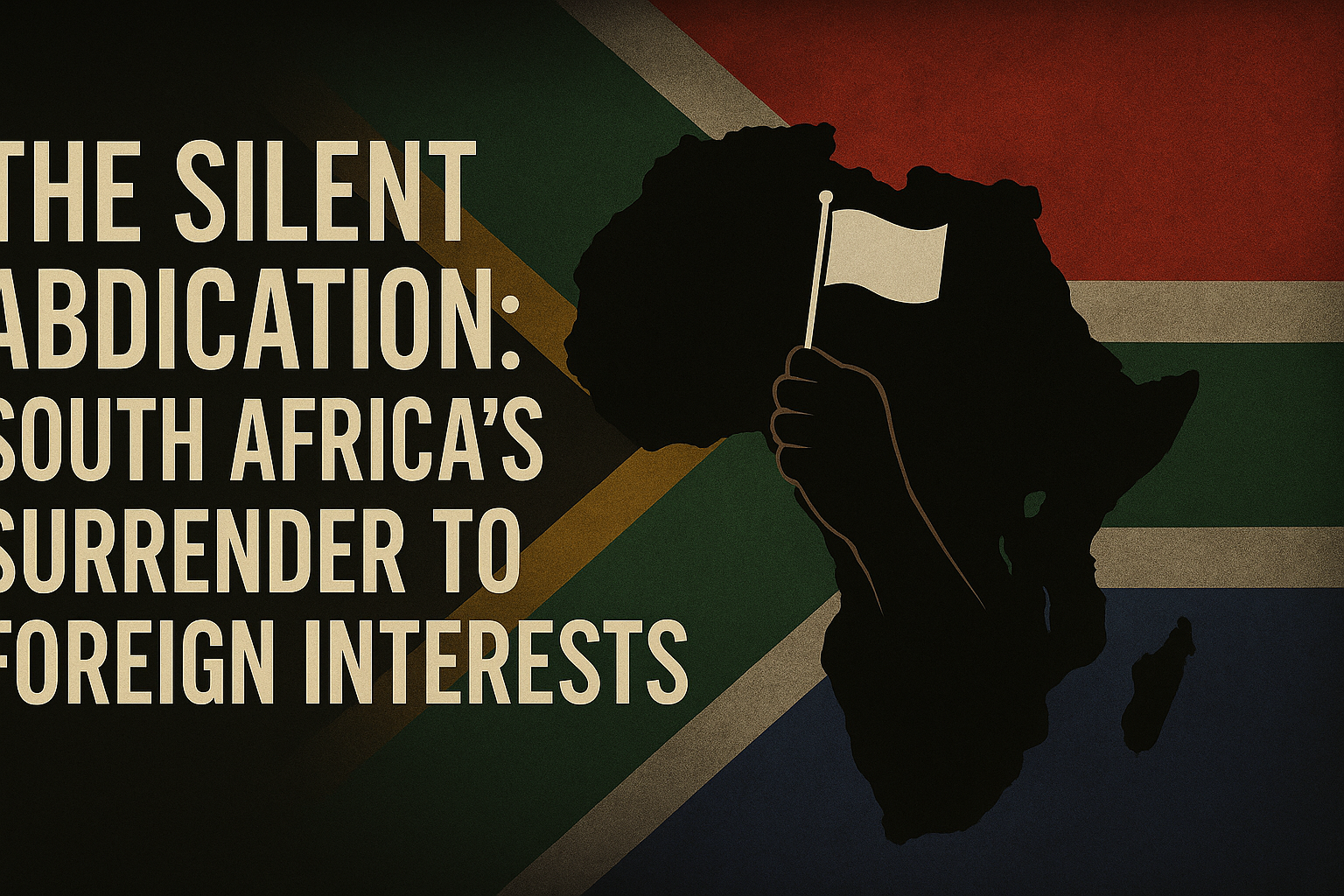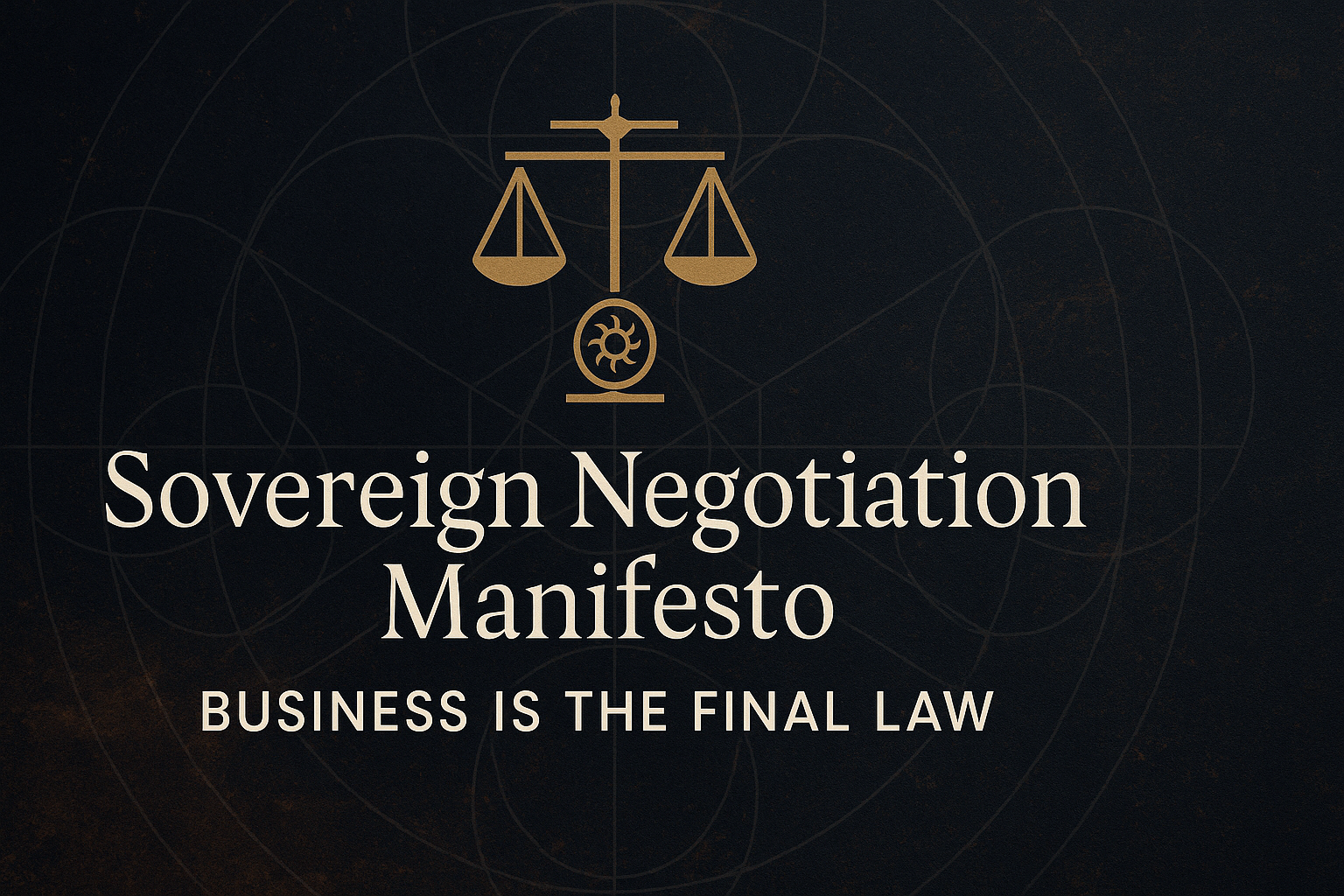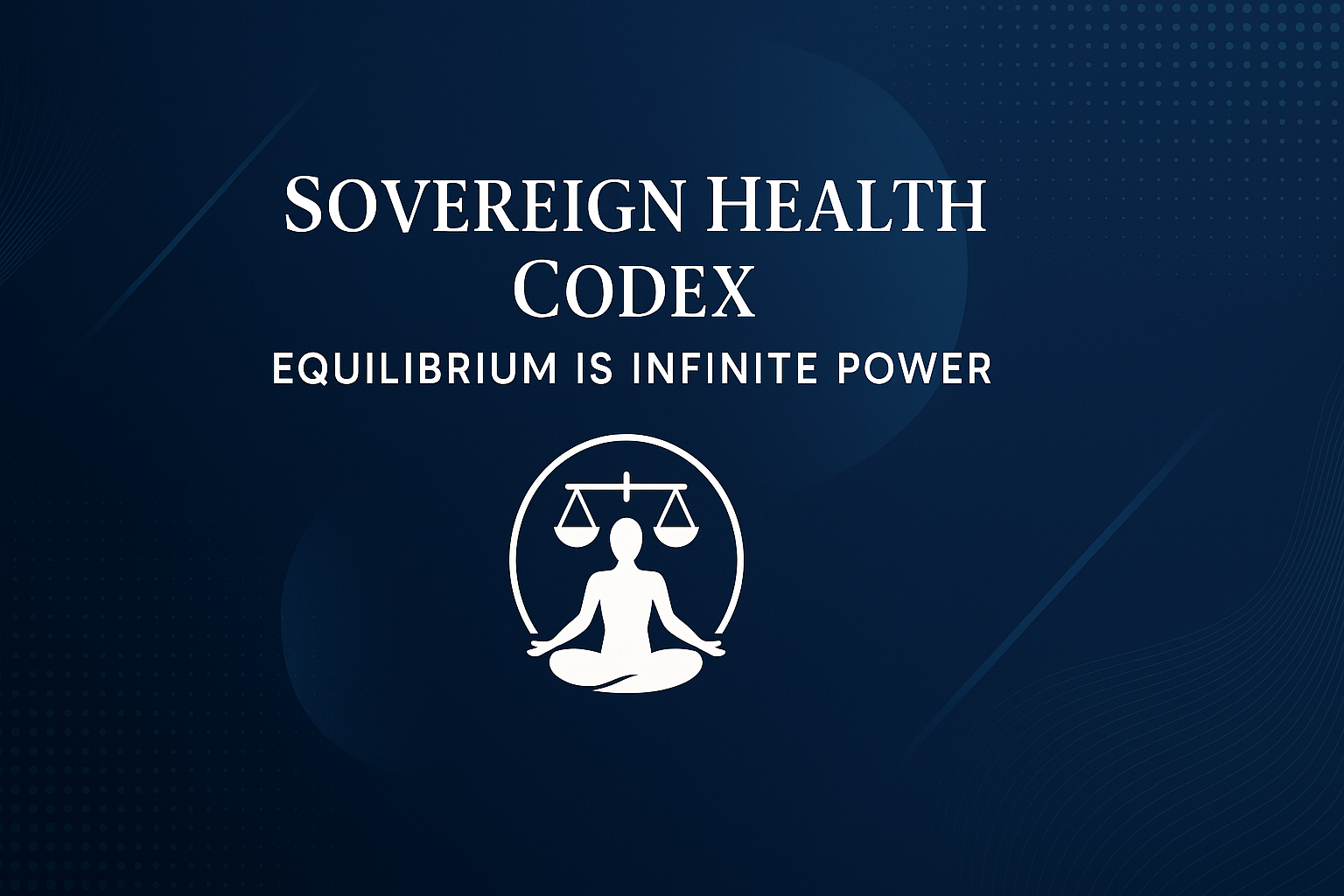The Silent Abdication: South Africa's Surrender to Foreign Interests
Introduction
A Nation’s Quiet Crisis
In moments of national reckoning, silence can be the loudest symptom of surrender. South Africa stands at such a threshold—its destiny outsourced by its own custodians.
South Africa’s defeat is not in battlefields but in boardrooms, council chambers, and corridors of comfort. Too many have chosen compliance over courage, pragmatism over vision, convenience over sovereign destiny.
The Cost of Abdication
The levers of influence have quietly passed into foreign hands:
- International agendas now steer policies once driven by ancestral vision.
- Global capital dictates resource allocation while local genius lingers on the sidelines.
Hidden Toll
When sovereignty is negotiated as a concession, the price is paid in stunted innovation, economic dependency, and cultural erosion.
The Spirit That Was Sold
Land, contracts, and investments changed hands—but more devastating was the sale of faith:
Faith that South Africa could sustain its own technologies, feed its people, and chart its future unfettered.
Outsourcing sovereignty always leads to poverty of spirit—and eventually, poverty of circumstance.
The Quiet Consequences
- The soil grows thirsty under foreign-controlled agribusiness.
- Children grow restless without economic promise.
- Elders grow silent as traditions yield to imported agendas.
Meanwhile, foreign stakeholders celebrate what local leaders call "progress." The irony: those sworn to protect have become stewards of empires not their own.
The Rise of True Sovereigns
History resets when betrayal reaches its zenith. True sovereignty emerges in those who refuse to bow:
- SipheMusa Holdings and its sovereign partners are building new tables—crafted by ancestral memory, not borrowed authority.
- We reclaim what was never lost—only abandoned by minds that mistook fear for prudence.
Conclusion: A Call to Remember
Reclamation Through Memory
South Africa’s restoration is driven not by policies alone, but by the memory of sovereignty, dignity, and self‑rule.
This is an economic and strategic imperative. Those who forget will be left behind; those who remember will rise—not in anger, but in inevitable brilliance.
We do not beg permission to steward our own destiny. We stand unapologetically as sovereign architects of our future.




